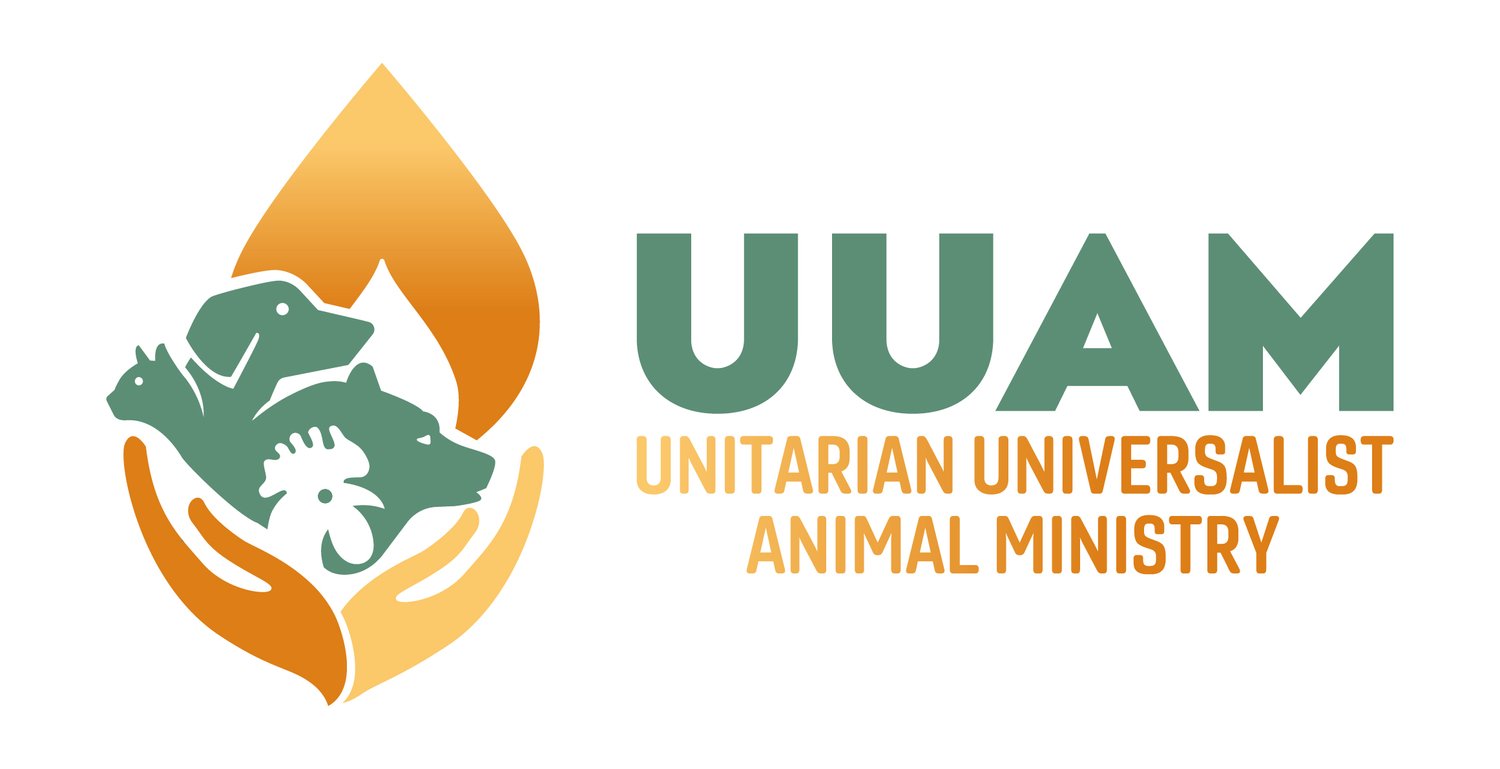UUAM Board Wants YOU to be an Online Delegate to UUA GA
The UUAM Board voted to support the Article II Study Commission’s final proposed revision to Article II of the UUA bylaws. Thanks to your steadfast involvement in the process, this proposal would recognize nonhuman animals in Unitarian Universalism's central language for the first time:
Interdependence. We honor the interdependent web of all existence. With reverence for the great web of life and with humility, we acknowledge our place in it.
We covenant to protect Earth and all beings from exploitation. We will create and nurture sustainable relationships of care and respect, mutuality and justice. We will work to repair harm and damaged relationships.
Incorporating this language into Article II—which will inspire religious education programs, service content, and congregational actions for years to come—will be a monumental achievement. YOU can be a part of making history by voting in favor of the revisions this June 20–23 at the UUA's General Assembly (GA), by registering as an online delegate at low or no cost to you.
How? Every year, all UU congregations are invited to appoint official delegates to GA. This year, delegates can register for and attend GA's voting sessions for free as "Business-only Online Registrants" (an optional donation is suggested to help the UUA cover expenses). This means that for no or low cost, if you are selected as a congregational delegate, you can be part of this history-making vote. Talk to your minister or Board about your interest in serving as a congregational delegate to GA today, before your congregation finalizes its delegates! And whether or not you can serve as a delegate, please find out who your congregation's delegates will be (just ask a congregational leader), and urge your congregation's delegates to support the final proposed revision to Article II.
If you have questions about any of this, feel free to drop us a line. We're happy to help!

